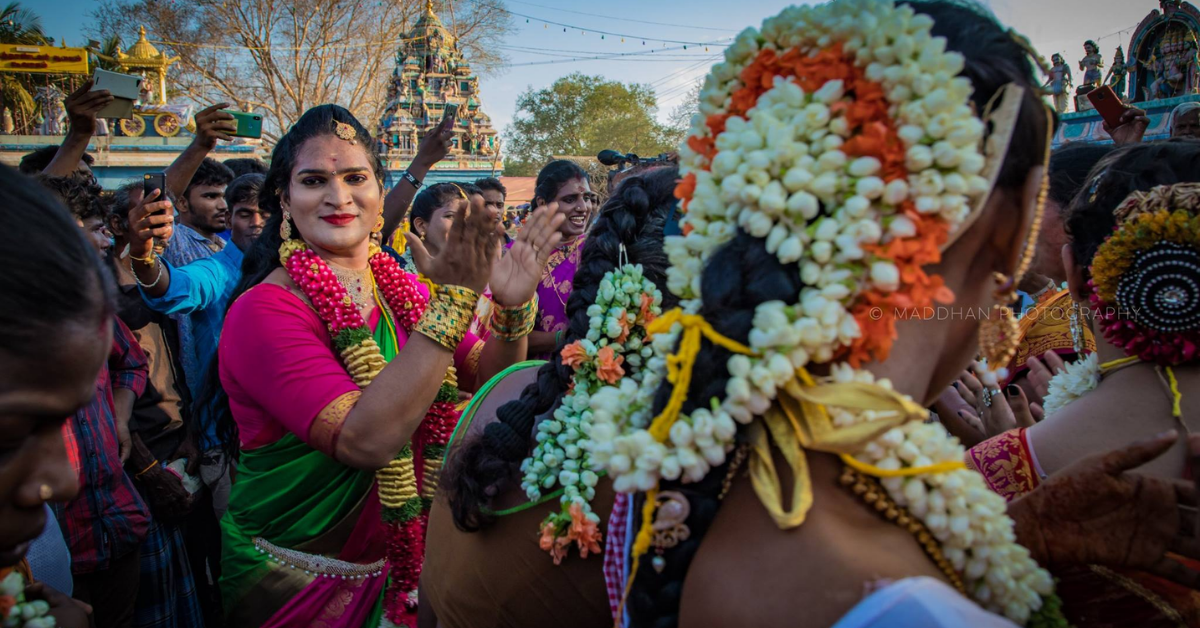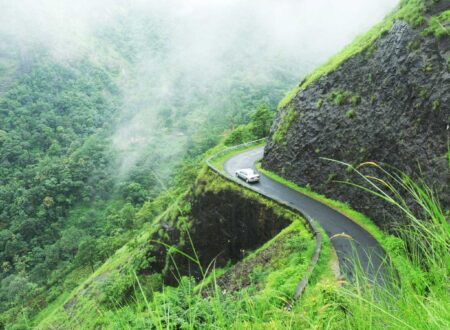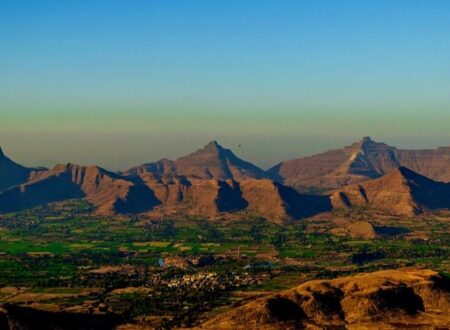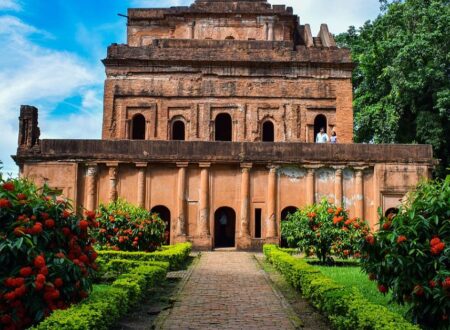In a country where being anything other than society’s expectations makes you different. 4.8 million of the population who identify as transgender face many difficulties in living everyday life in the country. But, did you know that in ancient Hindu history, was married to ‘Mohini’ – Lord Krishna’s avatar as a woman. This fascinating history is celebrated as a festival in the small town of Tamil Nadu called Koovagam.
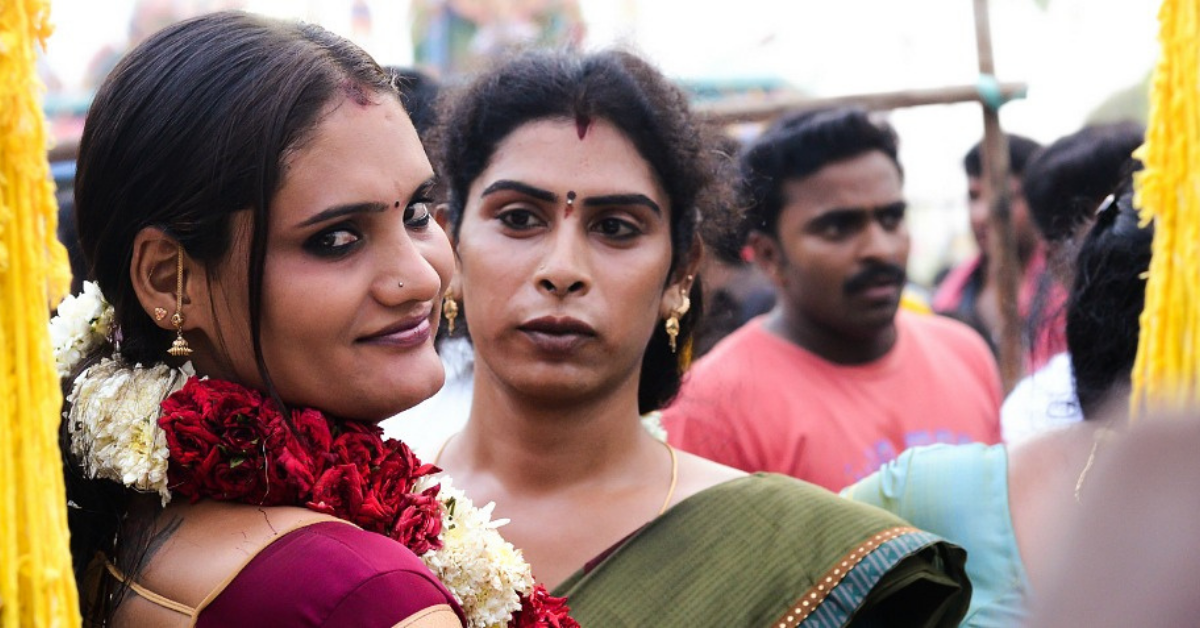
In fact, thousands of people who identify as ‘transgender’ travel from all over India. Even from neighboring countries to the southern Indian village of Koovagam every spring for the Hindu Transgender festival. Today, Koovagam is a one-of-a-kind celebration that celebrates the transgender population. Moreover, the festival lasts for 18 days. This village is roughly 25 kilometers from the Tamil Nadu district of Villupuram. According to the Hindu calendar, these days are in the month of Chaitra, which is March/April. The ‘Koothandavar Temple’ is the primary location for this celebration.
Out of the 18 days, a 2-day event is conducted at Koothandavar Temple. Which is in honor of Aravan. A Hindu god considered the patron god of transgender people.
The Legend of Koovagam
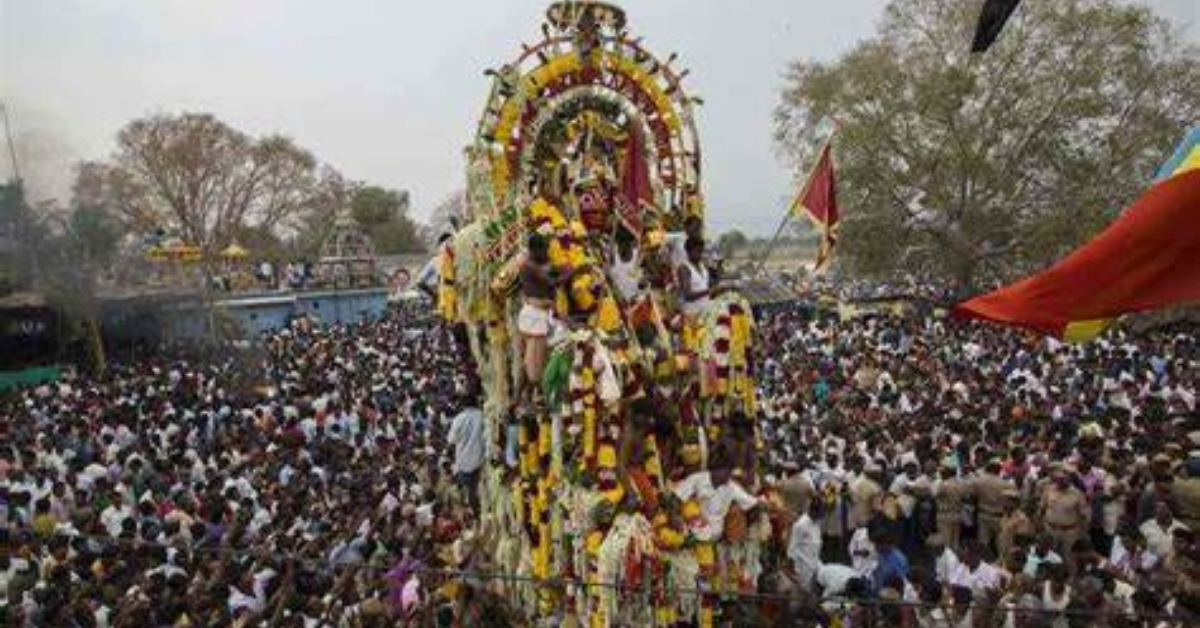
Aravan, the Pandava Arjuna’s son, had given his life to ensure the Pandava brothers’ triumph. Over the Kauravas during the Mahabharata. Aravan wished to marry and spend the night with a woman before sacrificing himself. Lord Krishna changed himself into Mohini, a beautiful woman, to fulfill Aravan’s wish. After Aravan sacrificed himself the next day, she became a widow, tearing her bangles etc.
In fact, this modest, blue temple is the main focus of the Koovagam Festival. It hosts several events, including Aravan’s wedding to Mohini. The temple, which houses several idols, including Mohini and Koothandavar, also has priests who preside over the wedding. Even if it is only a part-time activity for them, the priests have been doing this for centuries.
Each year, transgender worshippers come to act out the story of Aravan. The participants take on the role of Mohini. The bride takes a traditional dip in the pond on the wedding day. She then puts on make-up, and many brides assist one another in getting ready for their wedding. The bride then makes her way to the temple. There she is wedded to Aravan. The next day, they perform traditional dances and break their bangles to commemorate Aravan’s death.
Events of the 18-day festival
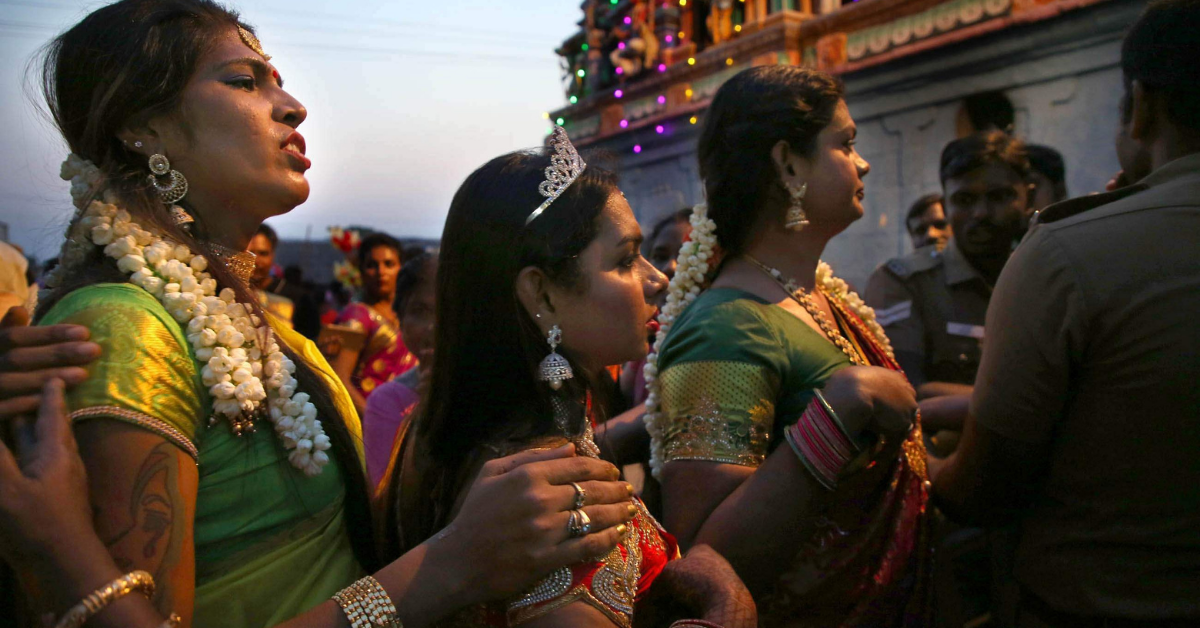
In addition to the religious events, the contestants compete in the “Miss Koovagam” beauty pageant. The beauty pageant is one of the most exciting features of the festival. Winning the title of Miss Koovagam is one of the highlights. The high-profile event frequently brings movie stars as special guests to deliver prizes to the winners.
The celebrations reach a pinnacle on the 17th evening. When all the transgender women dress up as brides, wearing colorful bangles and wearing mangalsutra (thali) around their necks.
In the end, they grieve Aravan’s death by breaking their bangles and thalis, symbolizing the end of their one-day marriage.
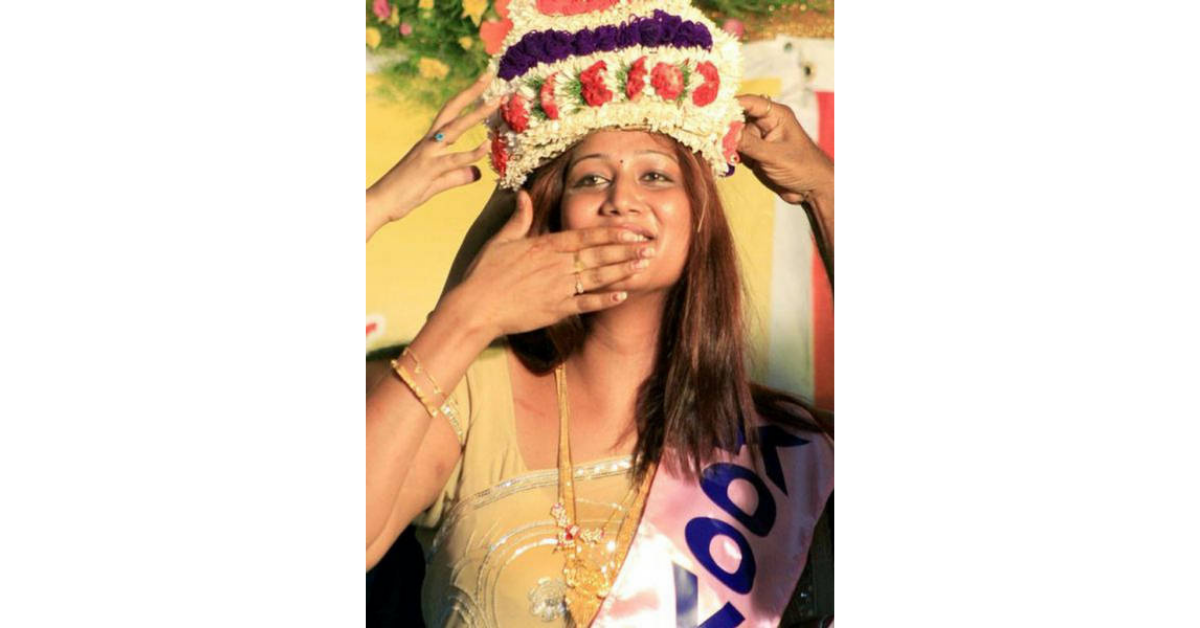
Nevertheless, it has long been popular among Hindu devotees from all walks of life. Moreover, The Ayyappa and Chamayavillaku celebrations in Kerala, and the Bahuchara-Mata festival in Gujarat. And the Yellamma-Devi festival in Karnataka is among the most well-known know festivals in this sphere. The best part about this transgender festival is the fact that it brings the whole community together!
Follow India Chalk on Instagram for more amazing travel content. You can share your travel story with us. Reach out to us on email at contact[at]ndiachalk[dot]com. This blog is curated by India Chalk and written by Aryaki M.

